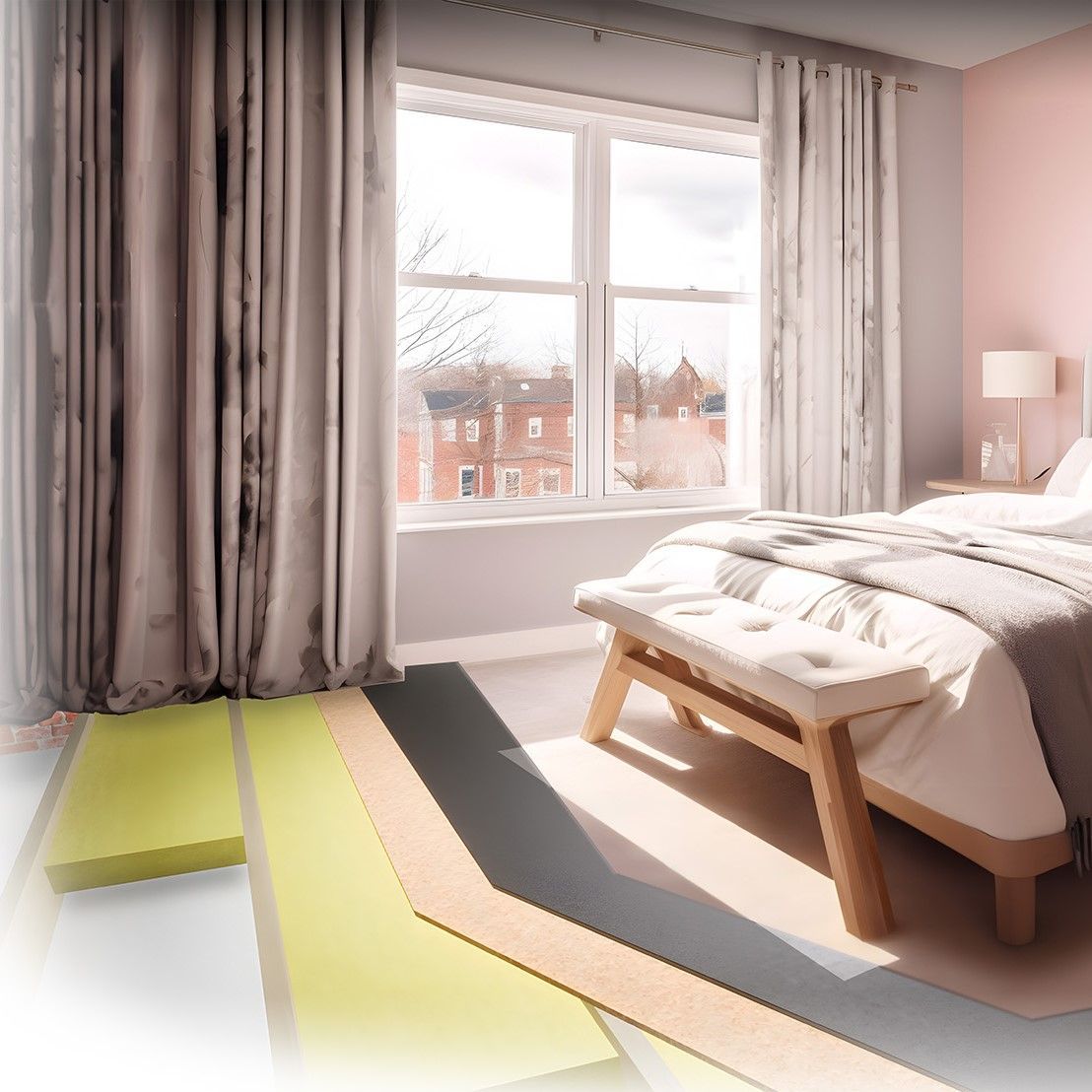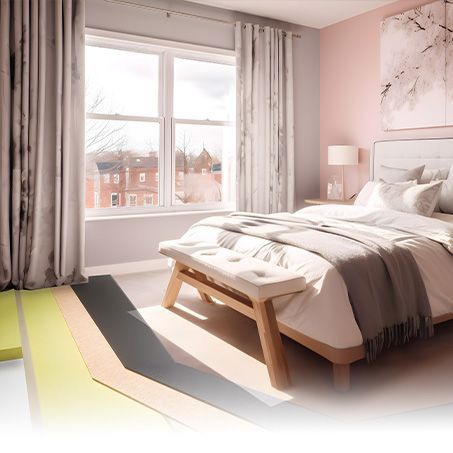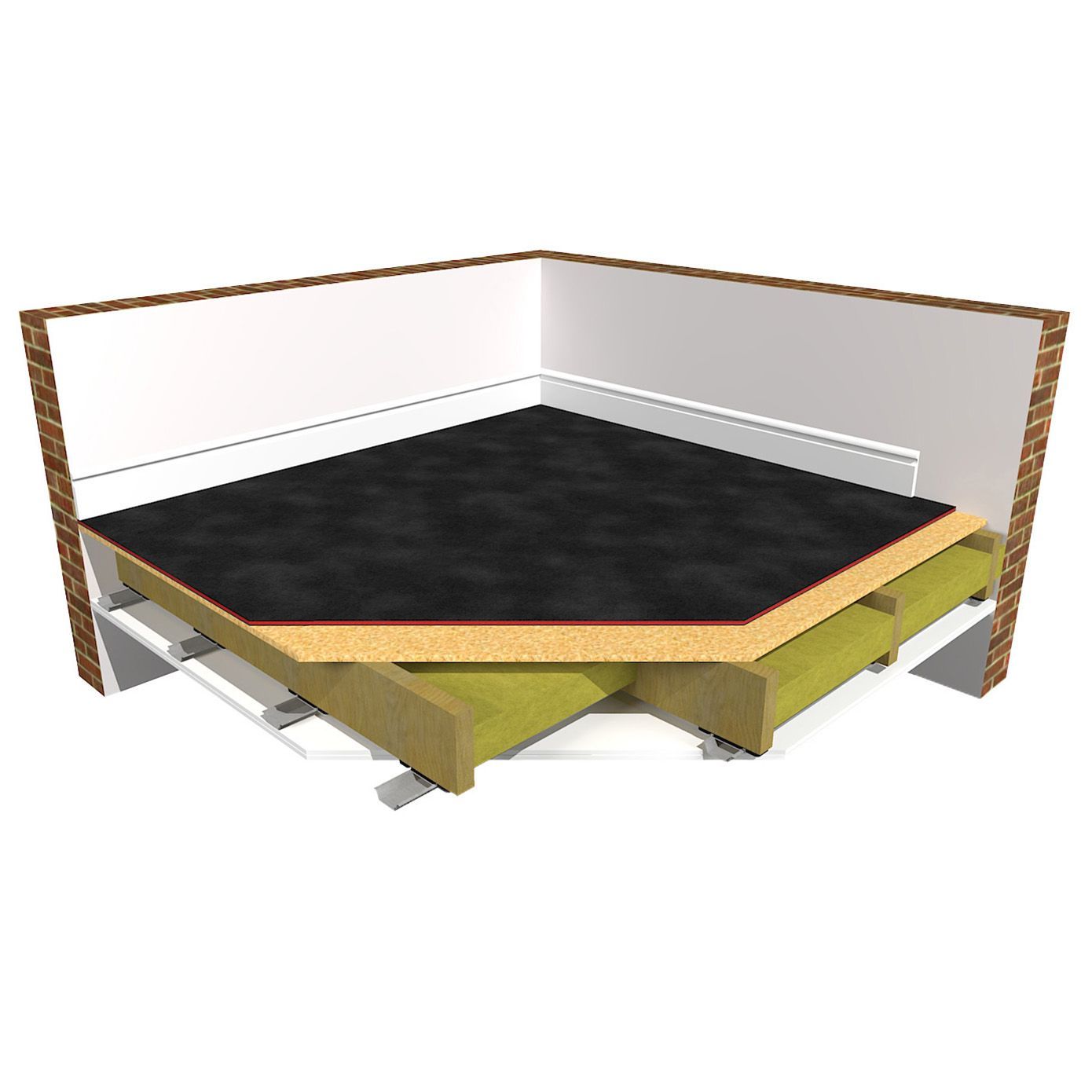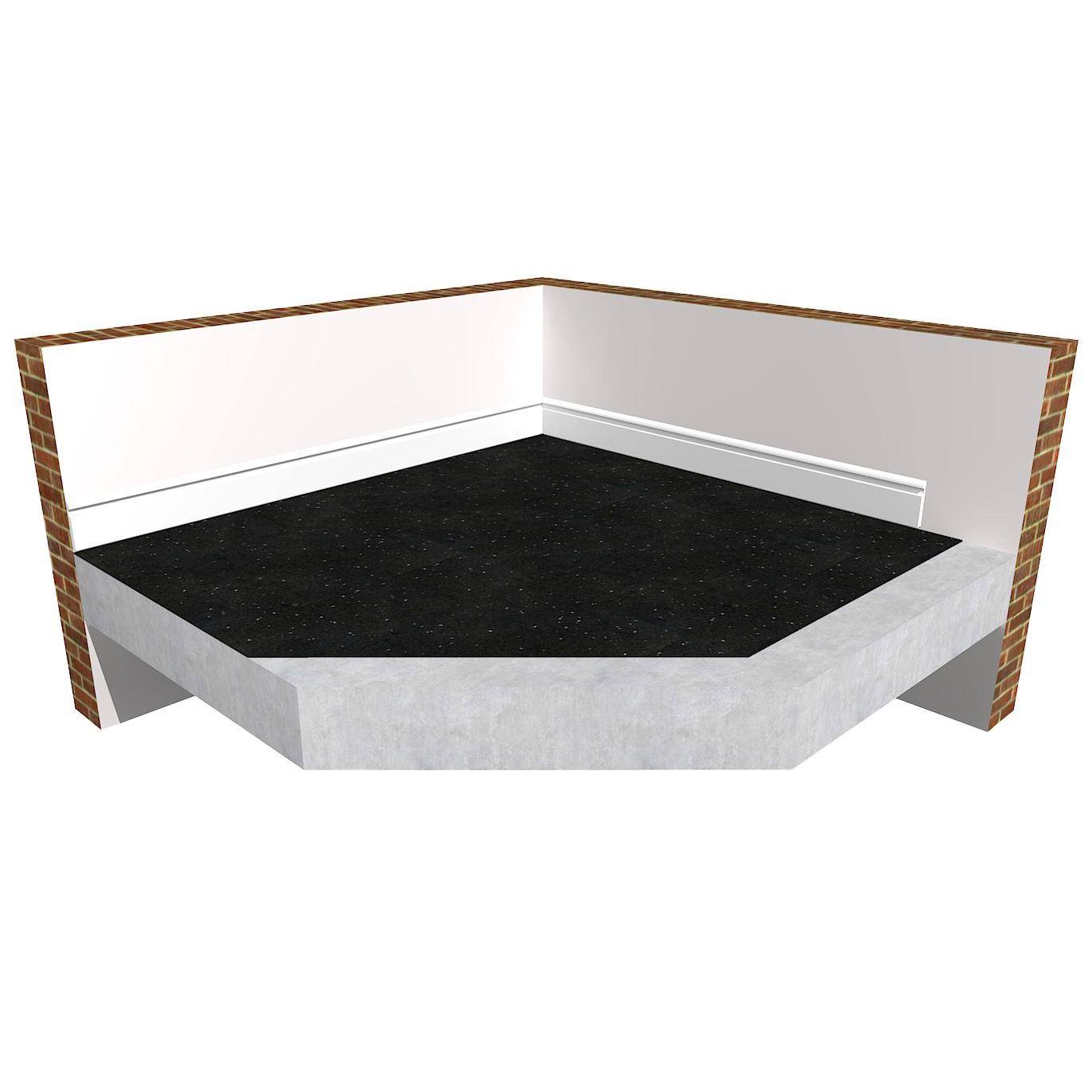What type of floor are you soundproofing ?
Top 3 Soundproofing Solutions for Timber Joist Floors
How to soundproof a floor
To achieve the best results when soundproofing a floor it is important to limit the transfer of impact noise (the likes of footsteps or dragging furniture) by using a soundproofing solution which adds a cushioning layer to absorb impact vibration. Proven acoustic insulation solutions like SoundMats act like a floating floor, which help to absorb impact vibration before it enters the structure of the floor.
For timber floors it is also important to reduce the amplification of sound within the sealed cavity between the floor joists and ceiling below by adding acoustic insulation such as mineral wool between joists.
The addition of mass to the floor also helps to create a barrier to block sound waves. e.g. 300mm of concrete will naturally block more sound than 10mm of timber. Using different types of mass also helps to block different frequencies of sound.
How to soundproof a floor
The 3 main principles of soundproofing:
Insulate Cavities
Add acoustic mineral wool within cavities. This helps to prevent sound resonating and amplifying within cavities
Cushioning
Absorb impact vibrations at the source before they have chance to enter the structure
Mass
Increase the mass of the floor to block unwanted airborne noise. Use different types of mass to block different frequencies of sound
Considerations when soundproofing a floor
3 criteria to help determine the correct soundproofing solution:
Final Floor Finish
Different solutions are more suited to different final floor finishes. Choose the most suitable solution depending not only on the noise you are trying to block, but also your final floor finish
Noise Issue
Is the unwanted noise impact vibration (e.g. footsteps) airborne (e.g. talking) or a combination of both? This will determine which soundproofing solution is most suited to your individual situation
Noise Source
Where is the noise coming from? Is the noise coming from above or below? If it's coming from above, do you have access to the floor above? It's always easier to soundproof at the source of the noise before it enters the structure
We don’t expect you to become an overnight soundproofing expert, that’s what we’re here for.
Timber Joist Floor FAQs
Visit the Knowledge Hub for more in depth info about how soundproofing works














